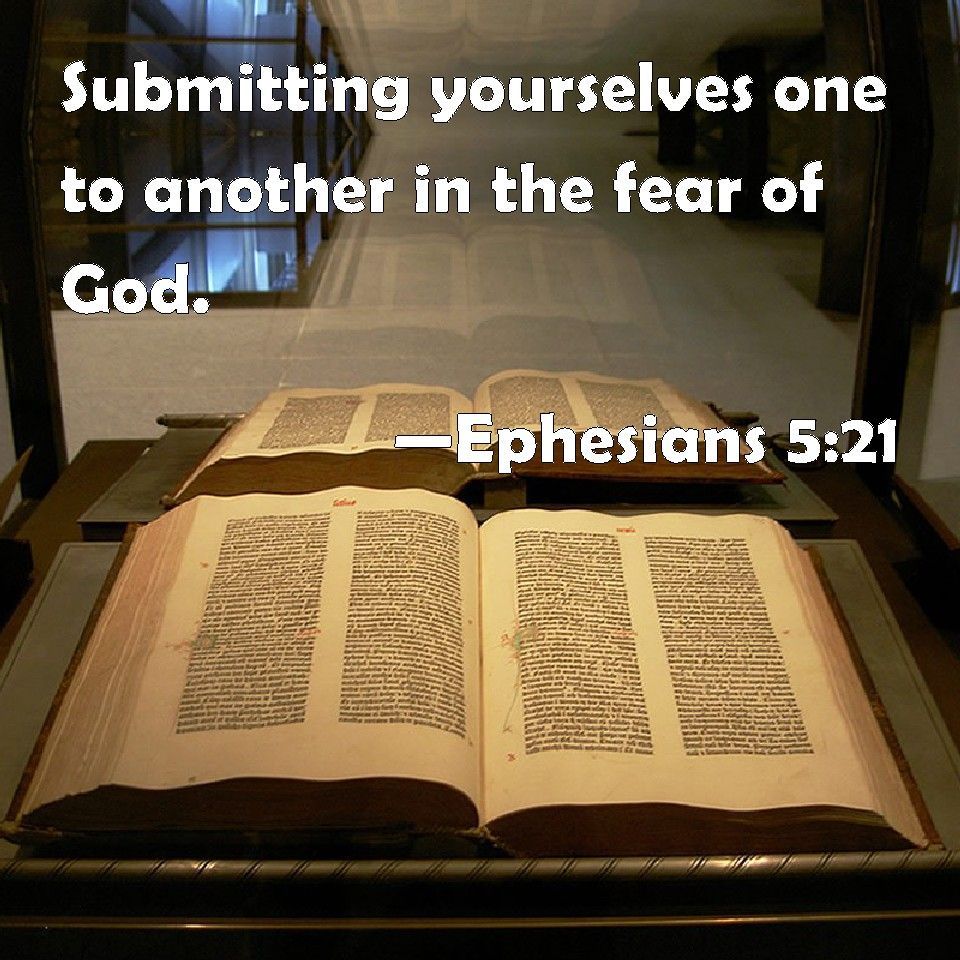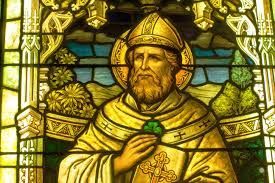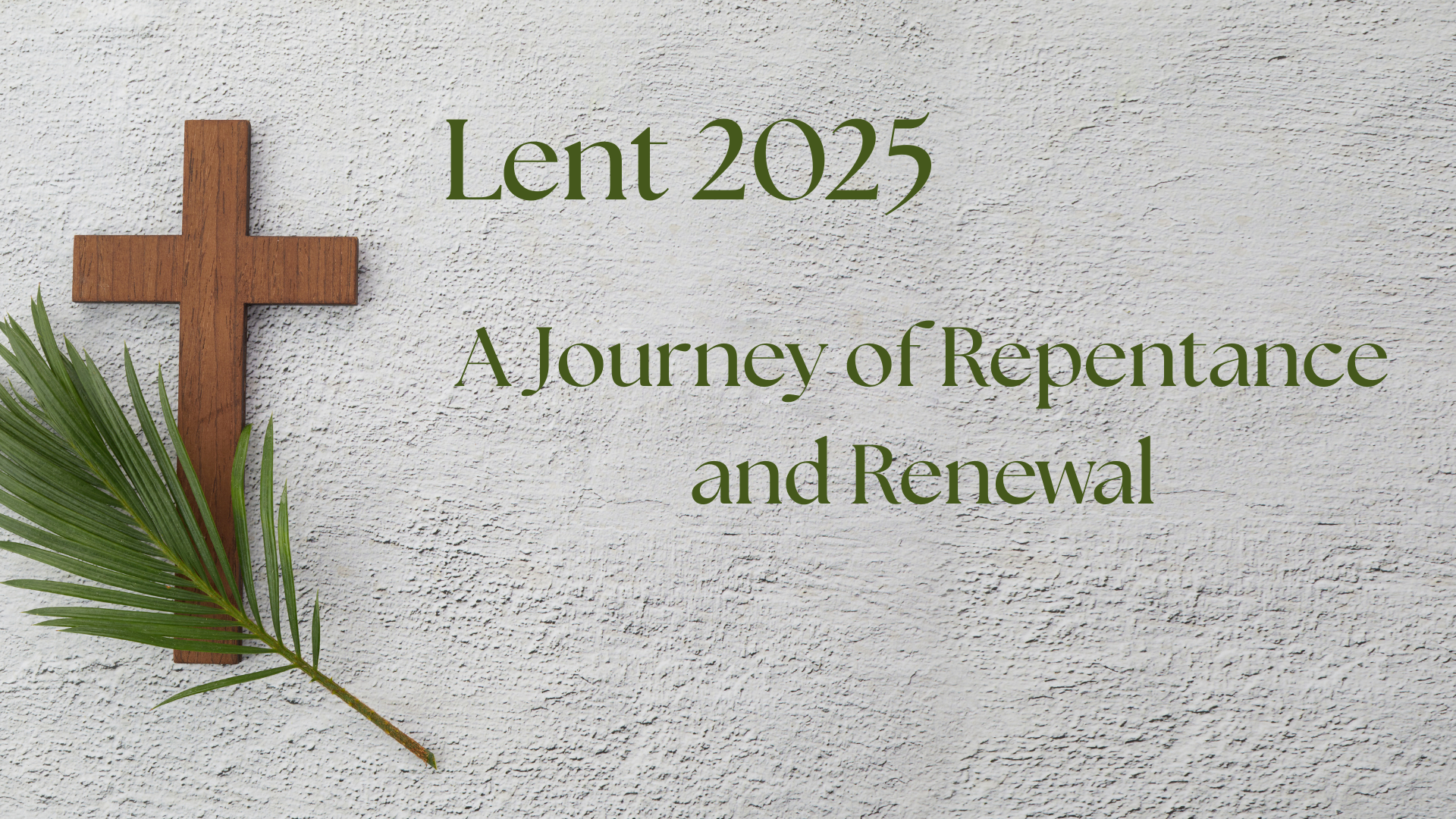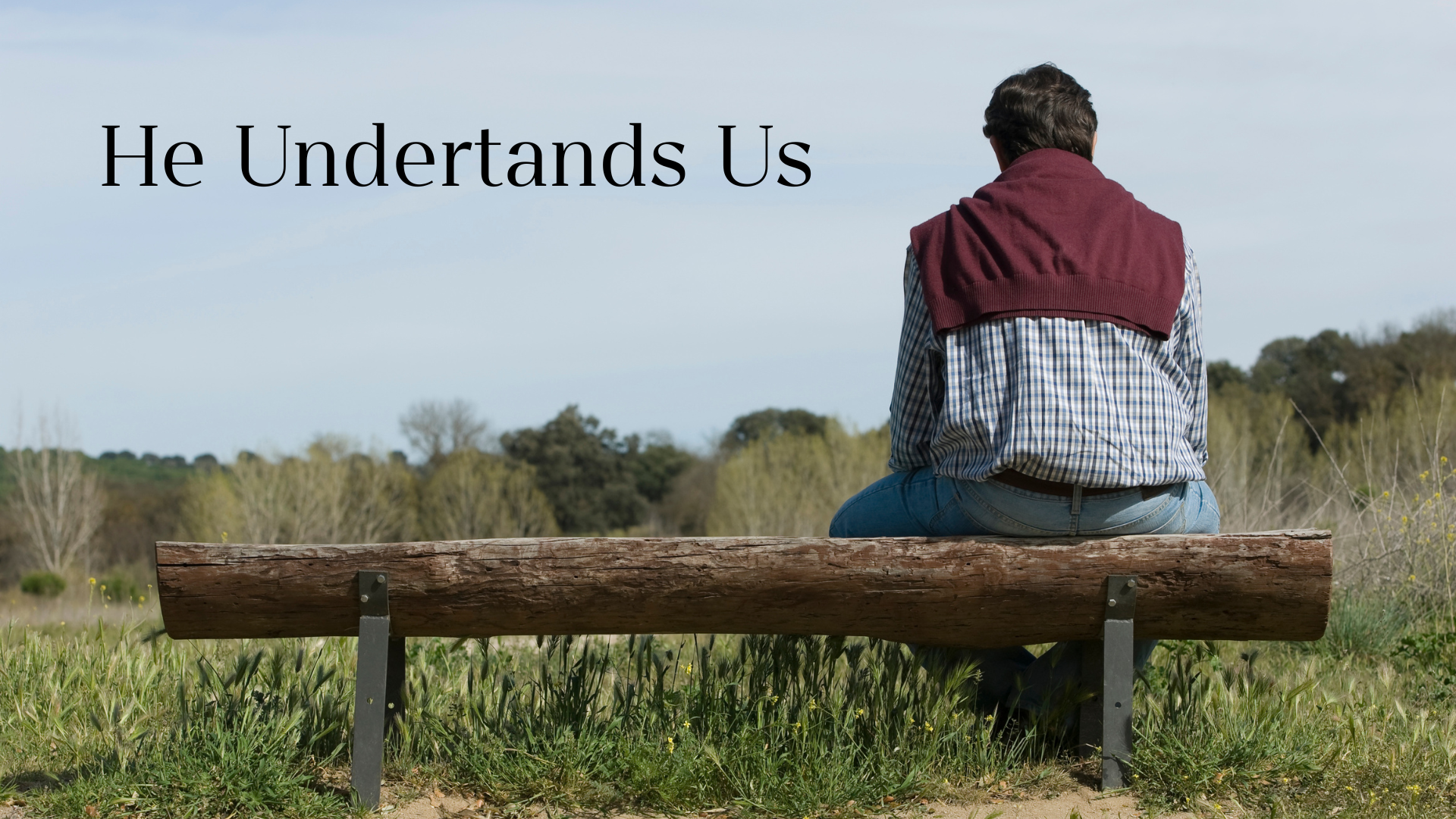Rejoice Greatly
Your king comes

A lot is happening, from international tensions to national turmoil and the usual political mudslinging. Our state is also involved in political posturing and reacting to changes in the federal government. Right now, you’re saying, wow, Pastor Burt rarely talks about politics, and that’s true. I don’t usually take public political stands except in extreme moral cases; think back to Monica Lewinsky in the late 90’s.
But political intrigue, infighting, and power struggles are nothing new. As we approach Holy Week, let’s take a look at the Politics of the Roman Empire between 30 and 35 AD (CE for you youngsters)
Between 30 and 35 AD, the Roman Empire was under the rule of Emperor Tiberius, the second emperor of Rome and the stepson of Augustus. Politically, this was a tense and transitional period in the empire, marked by increasing autocracy, paranoia, and the growing influence of powerful individuals behind the scenes.
Here’s a breakdown of the key political dynamics:
Emperor Tiberius reigned from 14–37 AD. By 30–35 AD, he had been emperor for over 15 years but became more withdrawn from direct rule. Around 26 AD, Tiberius retired from Rome to the island of Capri, effectively removing himself from day-to-day governance. In his absence from Rome, Tiberius entrusted much of the empire’s administration to Lucius Aelius Sejanus, the powerful commander of the Praetorian Guard (the emperor’s personal bodyguards).
By 30 AD, Sejanus had amassed immense influence, acting almost as a co-ruler. He used his position to eliminate rivals, often through accusations of treason.
Under Sejanus, there was a climate of fear—numerous senators and aristocrats were executed or exiled on charges of treason. Tiberius, realizing Sejanus was plotting to seize power, turned on him. In October 31 AD, Sejanus was arrested and executed, along with many of his allies and family members. This triggered another wave of purges and political repression. Tiberius became even more suspicious and authoritarian, continuing purges of the Senate and elite classes. (In the interest of transparency, I sourced this bit of Roman history from Chat GPT)
That was a huge setup to say that the Roman Empire was struggling when Jesus entered Jerusalem on a Donkey in 33 AD. It was a scene cut from Zechariah 9:1-8, which describes the defeat of Judah’s enemies. Verses 9–17 view the end of exile in terms of the return of the Davidic king to Zion. We read, “This king would enter Jerusalem riding on a donkey.”
The implication was clear: Jesus fulfilled the Messianic prophecies; Jesus was and is the Messiah prophesied in the Old Testament. As such, those who believed He would be an earthly political King used this against Him in an attempt to get the Roman Governor Pontius Pilate to execute Jesus. Interestingly, this did not work; Pilate ultimately did order Jesus crucified to prevent an uprising in Judah. The day’s politics prevailed on Pilate to order an execution that he believed to be unwarranted and unjust. Why? To save his skin. The emperor was paranoid and isolated, trying to maintain power while others sought to remove him and take his place. Roman Governors were playing it safe and staying under the radar. Rome was addicted to bloodshed, and one more dead Jew was not going to be noticed in Rome. Still, a regional uprising could see Pilate removed and executed, possibly along with his family.
The political turmoil of an empire contributed to the death of an innocent man, really the only truly innocent human to ever die. But it is through the death of the pure, innocent Son of God that we find forgiveness for our lack of innocence, our sin, our guilt, and our shame. Through the Sacrificial Death of Jesus the Christ, we have been given new life; eternal life. Not because we deserved it but because God desired to restore the relationship that we had destroyed, that we had killed. The result, the proof of Jesus’s having restored or resurrected the relationship between God and humanity, was Jesus’ resurrection 3 days later.
So Next Week, we mourn our sin that killed the Son of God and celebrate God not allowing death to have the final word. Instead, God resurrected Jesus, and in doing so, he declared that the path was once again open for us to have a relationship with Him through Jesus. Through that relationship with Jesus and our relationship with God the Father is restored, and we are given new life; eternal life. All this now comes to us through the Holy Spirit, who translates God’s love and Christ’s presence with us to us.
Christ is Risen! He is Risen Indeed!!!
I hope to see you at each of our opportunities to worship together during this Holy Week.
Pastor Burt
Christ Church Gastonia is a steadfast Christian community, a part of the Global Methodist movement. We strive to give glory to God our Creator; to be His hands and feet through service to others; and to connect with the local and global communities through witness of Jesus' love. Our strategy is to prepare people for ministry through dynamic worship, vital community outreach, life-changing small group study, and joyful Christian fellowship.


